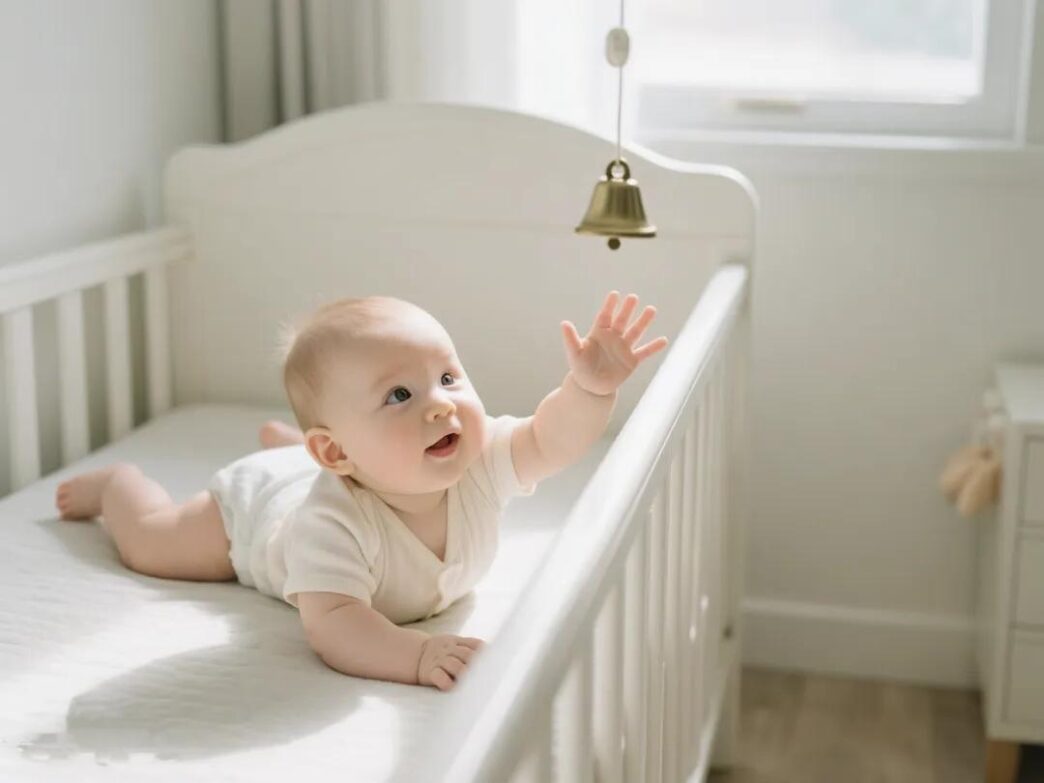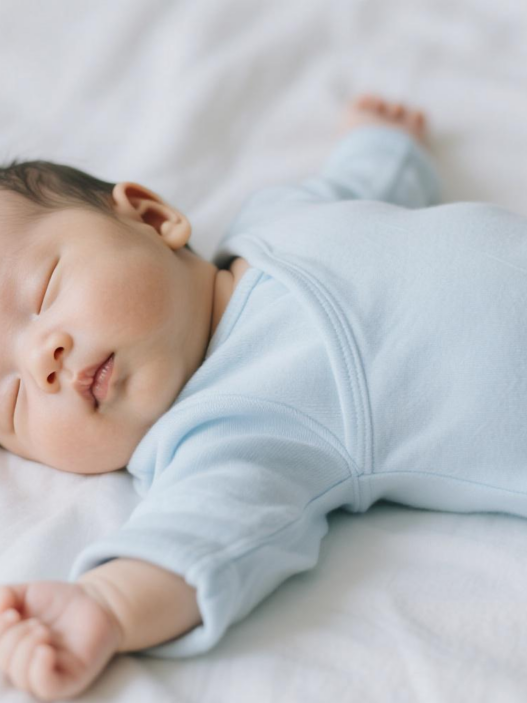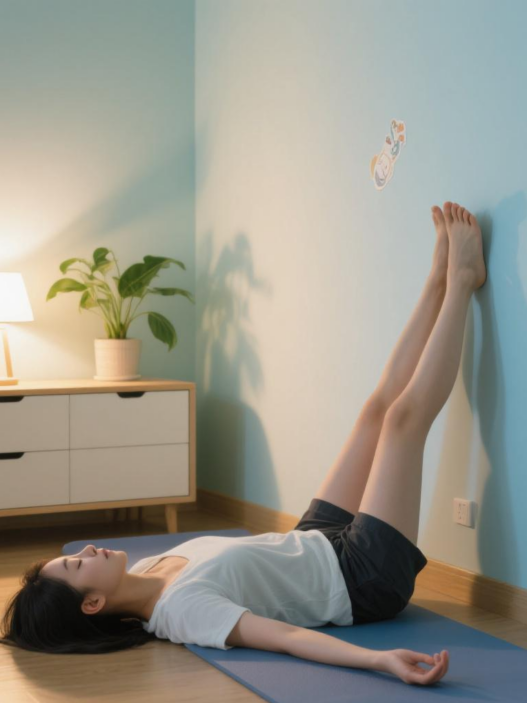Ever noticed how your baby is a fearless little explorer at home, yet becomes shy and silent in public? That’s not a personality issue—it’s just that their “social muscles” haven’t been exercised yet!
Contrary to the common belief that “they’ll open up when they’re older,” the truth is: your baby’s social confidence starts developing from just a few months old. Like crawling before walking, social ease is a skill learned through experience.
Here are 5 must-try social situations for babies aged 0–1 that will help build their confidence early on.
1. People Watching With Mom and Dad
Places like shopping malls, parks, or subway stations are actually grand stages for your baby’s early social learning. If you’ve ever caught your baby staring at strangers or flashing them a random smile, that’s their brain collecting “social data.”

Tips:
- Once your baby is around one month old, take them for walks in local areas with people activity.
- Narrate what’s happening: “See the girl smiling?” or “Look, that boy is dancing!”
- These multisensory experiences help shape your baby’s perception of human interactions.
Don’t delay social exposure—early interaction lays the foundation for emotional intelligence.
2. Toy Tug-of-War With Other Babies
Worried your baby might fight over toys? These so-called “conflicts” are essential micro-lessons in emotional intelligence.
What they’re learning:
- “I want that—but someone else does too.”
- “Crying might not always work.”
- “Waiting my turn has its rewards.”
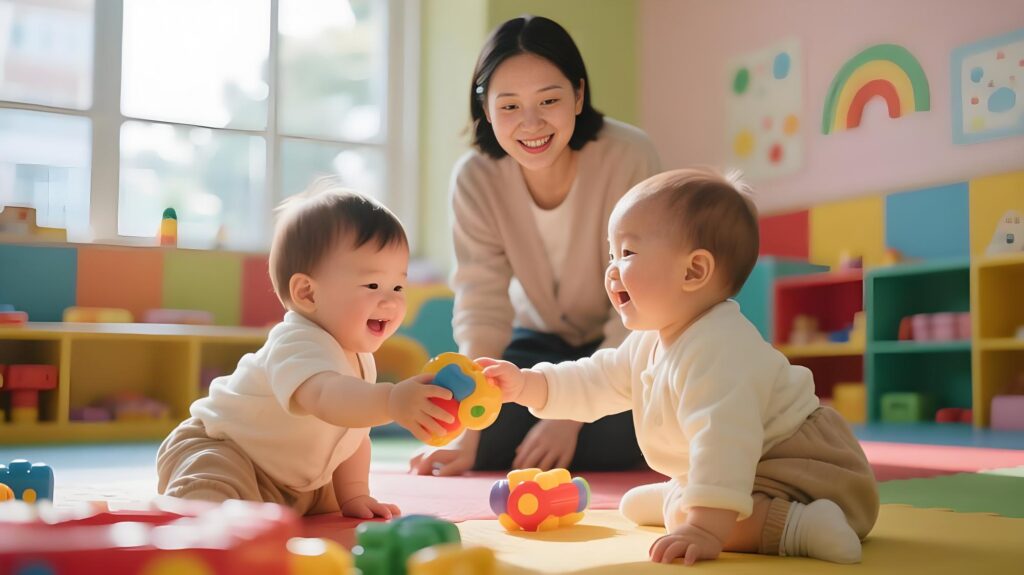
Tips:
- From around 6 months old, start arranging casual meetups with babies their age.
- Don’t jump in right away during toy disputes. Try light intervention: “You can play with it once she’s done.”
These moments shape skills like empathy, patience, and conflict resolution.
3. Greetings and Interactions With Adults
Instead of shielding babies from visiting relatives, use these chances as safe spaces for face recognition and social training.
According to studies on facial recognition, babies are incredibly adept at distinguishing familiar faces—even ones they see less often.
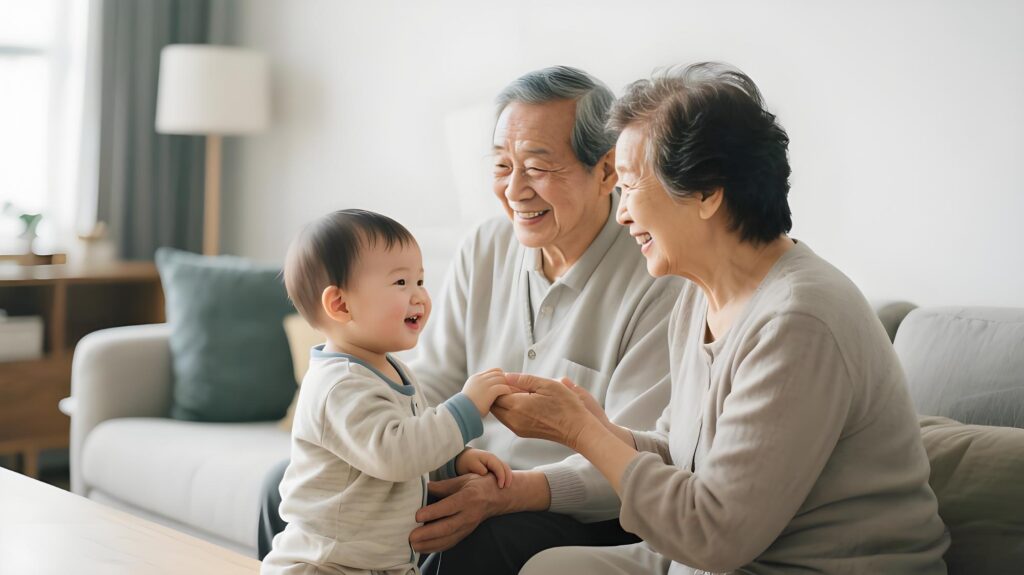
Tips:
- Introduce everyone by name: “Here’s Uncle Joe,” or “Say hi to Aunt Emily.”
- Let guests speak softly and interact gently.
- If your baby appears shy, let them watch from a distance before joining in.
Family visits are the perfect rehearsal space for social skills—low pressure, familiar, and full of affection.
4. Hanging Out in Baby-Friendly Public Spaces
To help prevent separation anxiety or social distress later, ease your baby into public environments early.
Great places to start:
- Local baby centers
- Parent-child yoga, music classes
- Community-led parenting meetups
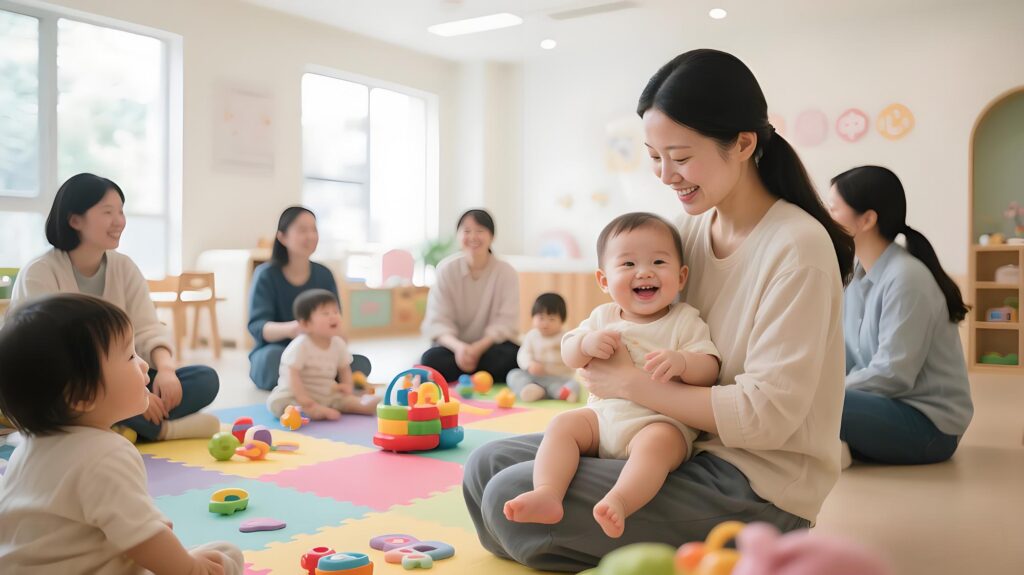
Tips:
- Try this from around 3 months onward. Keep it brief (30–60 minutes).
- Even if they just observe, the exposure helps them feel safe around groups.
These experiences show them that the world is filled with interesting and kind humans—not just mom and dad.
5. One-on-One Time With Different Family Members
Interacting with a variety of relatives helps your baby learn to adapt to different voices, energy levels, and communication styles.
Examples:
- Grandpa’s booming laugh teaches comfort with expressive personalities.
- Grandma’s quiet tone fosters careful listening.
- A playful uncle might introduce physical boundaries through fun games.
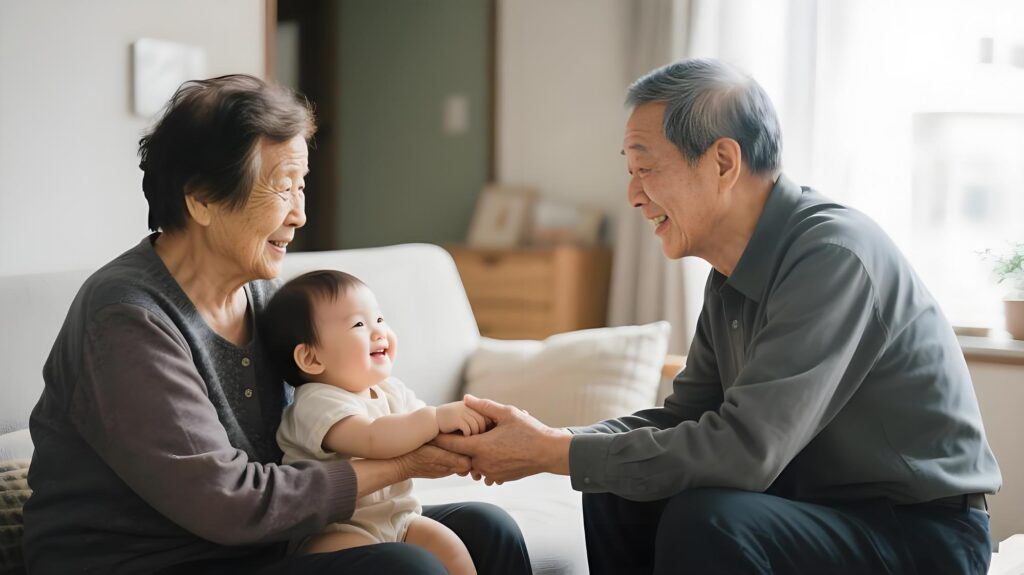
Tips:
- Give your baby short one-on-one time with each family member.
- Watch how they respond, and adjust the level of interaction to suit their comfort.
Navigating different personalities nurtures social flexibility and emotional resilience.
Final Thought: Confidence Comes From Practice
Confidence doesn’t come from sheltering—it grows through safe, consistent exposure. Don’t wait until your toddler shows signs of shyness to introduce social experiences. True confidence grows from knowing: “Other people are safe,” “I can express myself,” and “Even if I fail, someone’s there for me.”
Start the practice young—and watch your little one bloom into a confident, expressive human being.








